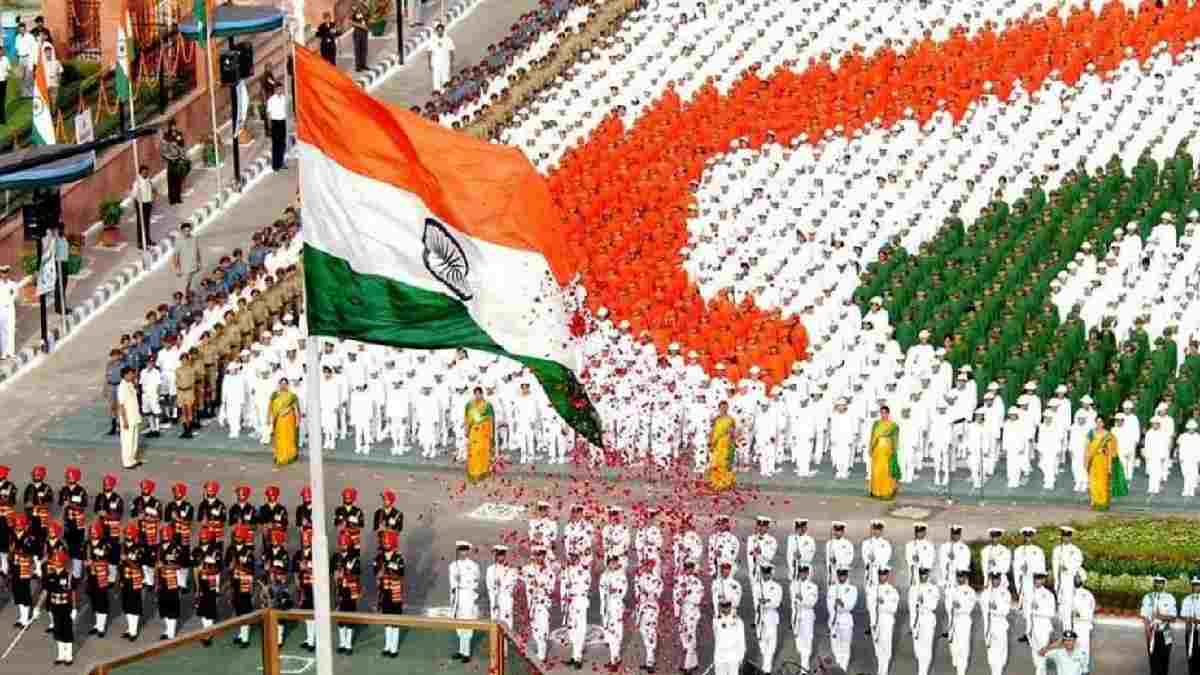
India’s Independence Day is celebrated annually on August 15, marking the end of British colonial rule and the birth of a free Indian nation. This year, August 15, 2024, will commemorate the 77th anniversary of India’s independence. This day is a tribute to the countless individuals who sacrificed their lives and worked tirelessly to achieve freedom for the nation.
Historical Background
The quest for India’s independence was a prolonged struggle that began in the early 17th century. Initially, the British East India Company arrived as traders but gradually extended their control over the Indian subcontinent. By the mid-19th century, the British Crown had taken direct control, establishing a colonial rule that lasted for over 200 years.
The Indian independence movement gained momentum through the efforts of various leaders and organizations. The Indian National Congress (INC), initially a platform for political dialogue, became a leading force in the fight for independence. The movement was significantly advanced under the leadership of Mahatma Gandhi, who introduced the concept of non-violent resistance. His strategies, including the Non-Cooperation Movement, Civil Disobedience Movement, and Quit India Movement, played a crucial role in mobilizing the masses against British rule.
The weakening of British power due to World War II, combined with the growing demand for independence, led to negotiations and eventual agreement on India’s freedom. On August 15, 1947, India was officially declared an independent nation, ending more than two centuries of colonial rule.
Significance of the Day
Independence Day represents the triumph of freedom over oppression and the end of colonial domination. It serves as a reminder of the sacrifices made by freedom fighters and the principles of justice, equality, and sovereignty that define India. The day is an opportunity to reflect on the nation’s progress and reaffirm its commitment to the values of democracy and freedom.
Celebrations
Independence Day is celebrated across India with a range of events and activities:
- Flag Hoisting: The main event is the flag-hoisting ceremony at the Red Fort in Delhi, where the Prime Minister raises the national flag and delivers a speech. The address typically highlights the country’s achievements, current challenges, and future goals.
- Cultural Programs: Schools, colleges, and various organizations conduct flag-hoisting ceremonies, cultural performances, and patriotic events. These activities include singing patriotic songs, performing dances, and staging plays that honor the contributions of freedom fighters.
- Parades and Festivities: Parades are organized in many cities and towns, featuring performances by military and paramilitary forces, as well as students and local groups. Sweets and tricolored decorations are commonly used to celebrate the day.
Key Facts
- Partition: August 15, 1947, also marks the partition of India and Pakistan, resulting in significant displacement and communal violence. This aspect of the independence period remains a somber part of the historical narrative.
- First Speech: Pandit Jawaharlal Nehru, India’s first Prime Minister, delivered his famous “Tryst with Destiny” speech on the eve of independence, declaring that India would awake to life and freedom at the stroke of midnight.
- The Tiranga: The Indian national flag, designed by Pingali Venkayya, was adopted on July 22, 1947. The tricolor features saffron (symbolizing courage and sacrifice), white (peace and truth), and green (faith and chivalry), with the Ashok Chakra representing justice.
- Security Measures: Due to the significance of the day, security is heightened across the country, particularly in Delhi, where the Red Fort is heavily guarded and airspace is restricted during the ceremonies.
- Continued Struggle: Although August 15, 1947, marked the end of British rule, the subsequent period saw challenges such as communal riots and social upheaval. The struggle for a united and peaceful nation continued beyond independence.
- Freedom Fighters: The independence movement involved many notable figures, including Mahatma Gandhi, Subhas Chandra Bose, Bhagat Singh, and others. Their diverse approaches and contributions were instrumental in achieving independence. The role of women, such as Rani Lakshmibai and Sarojini Naidu, was also vital in the freedom struggle.
Independence Day is a momentous occasion to honor India’s journey to freedom, celebrate its achievements, and renew the commitment to its democratic values.


